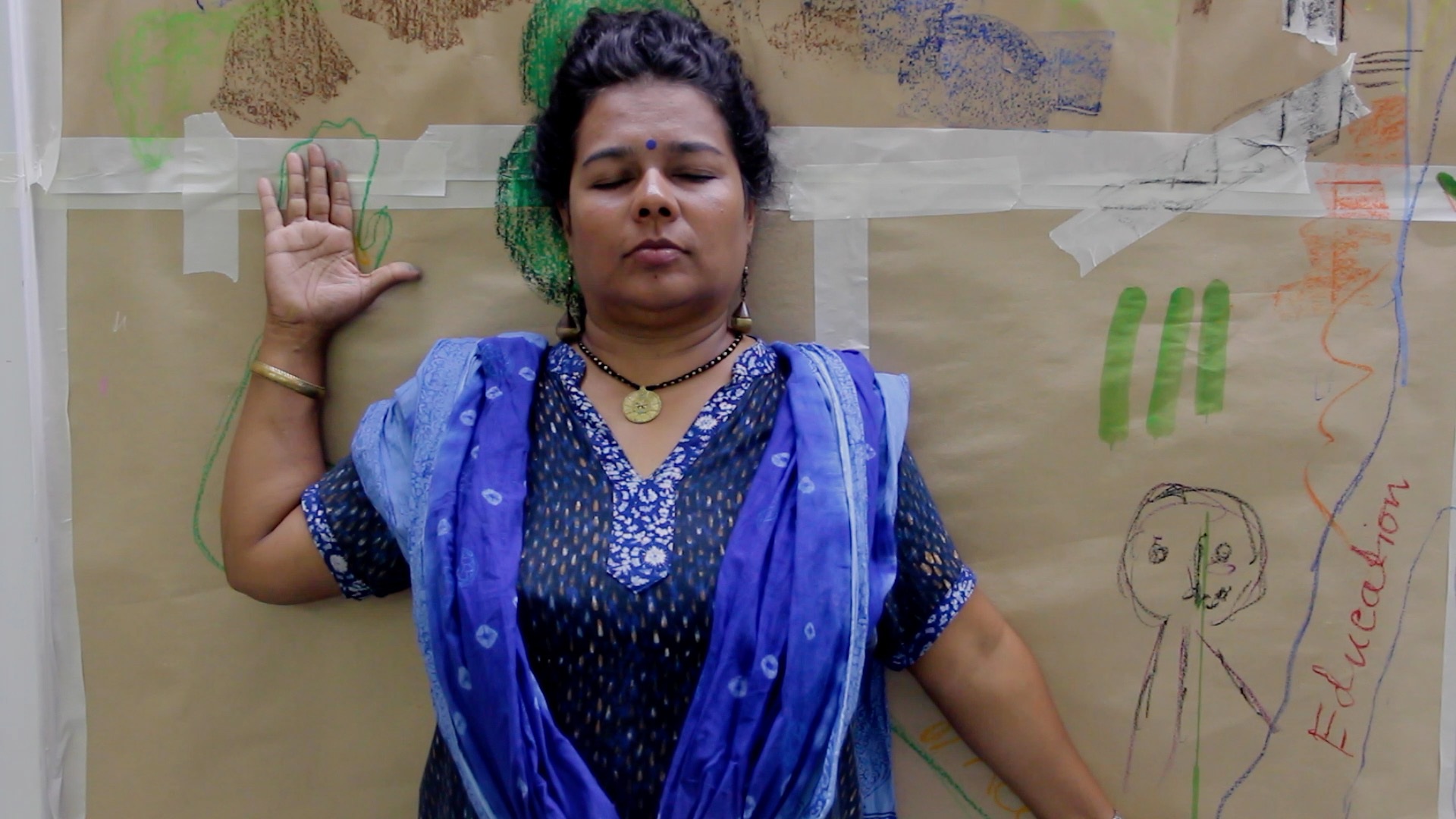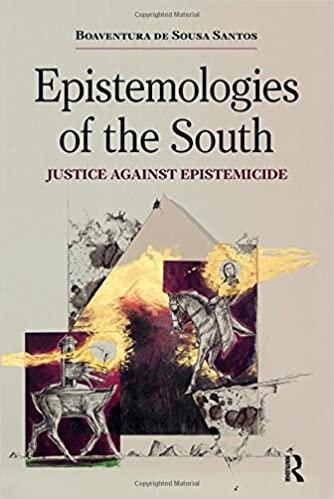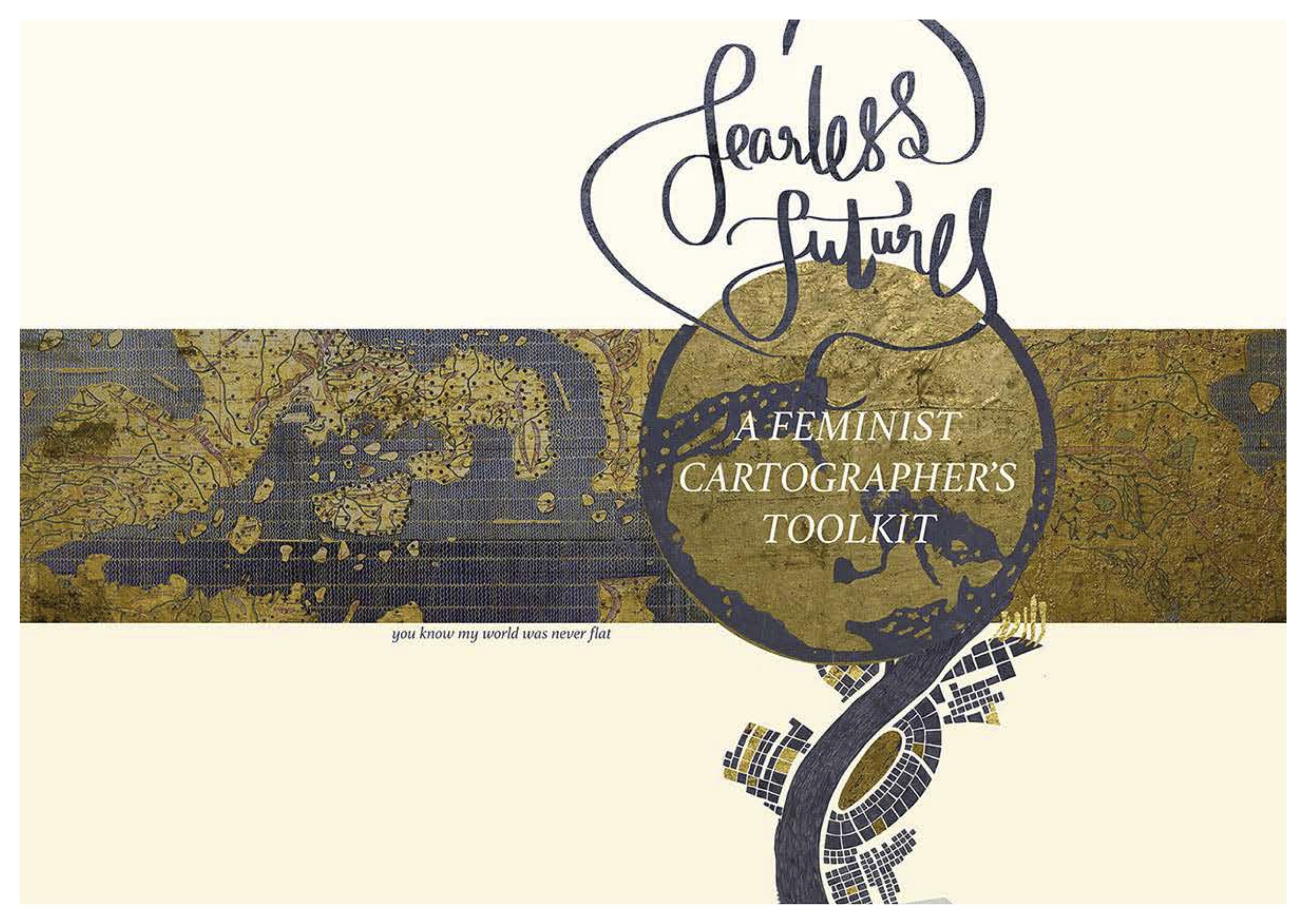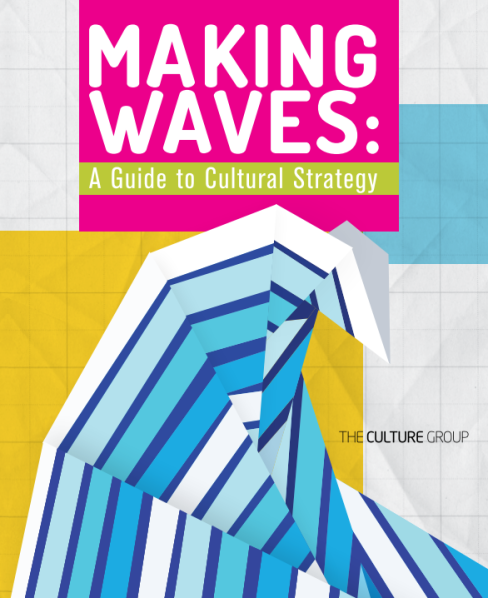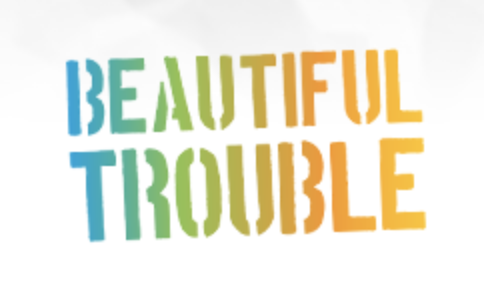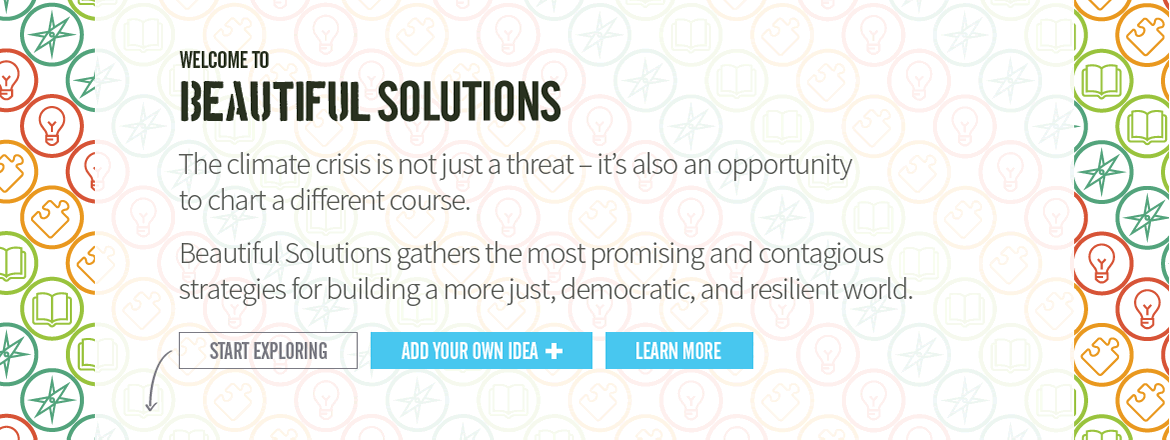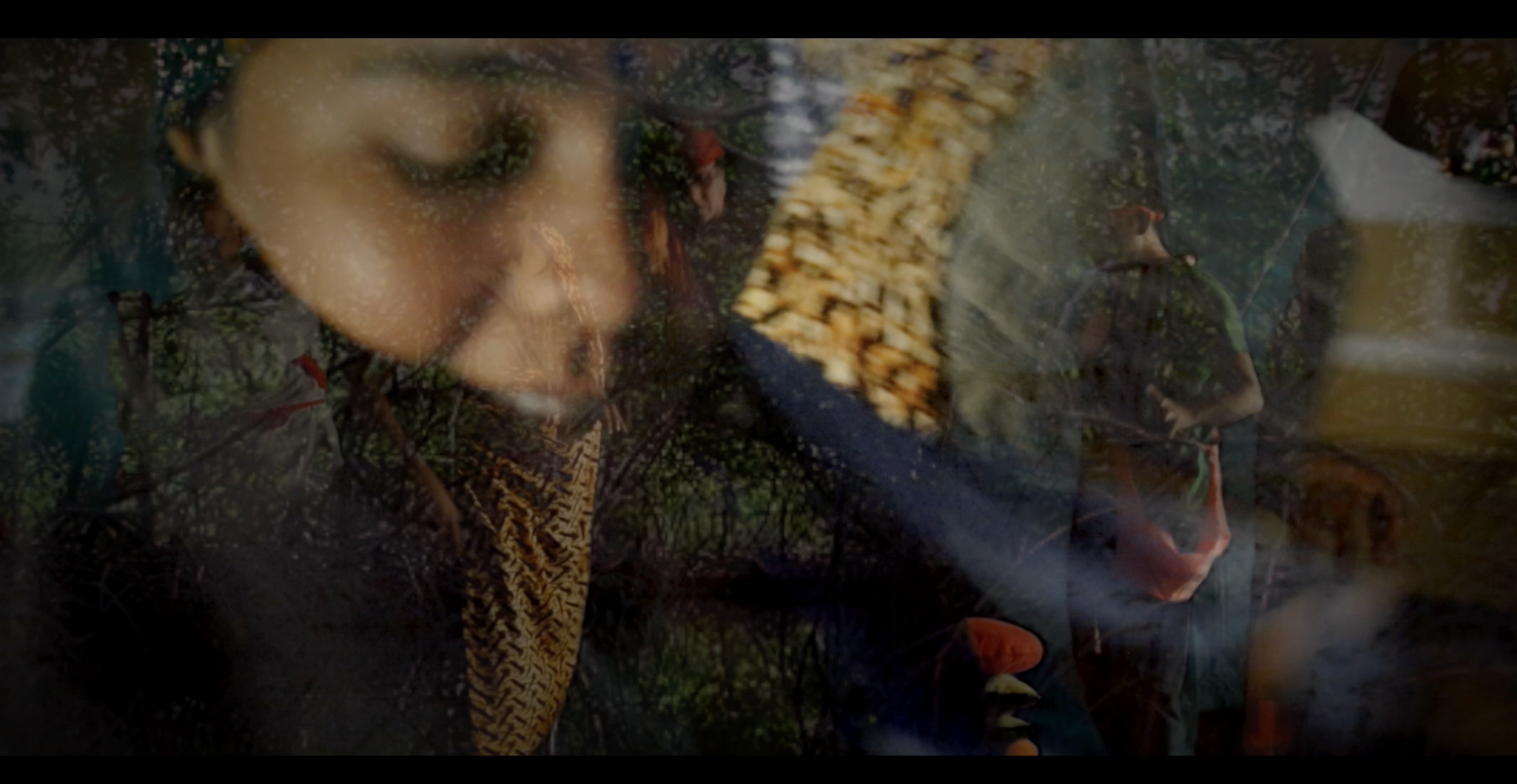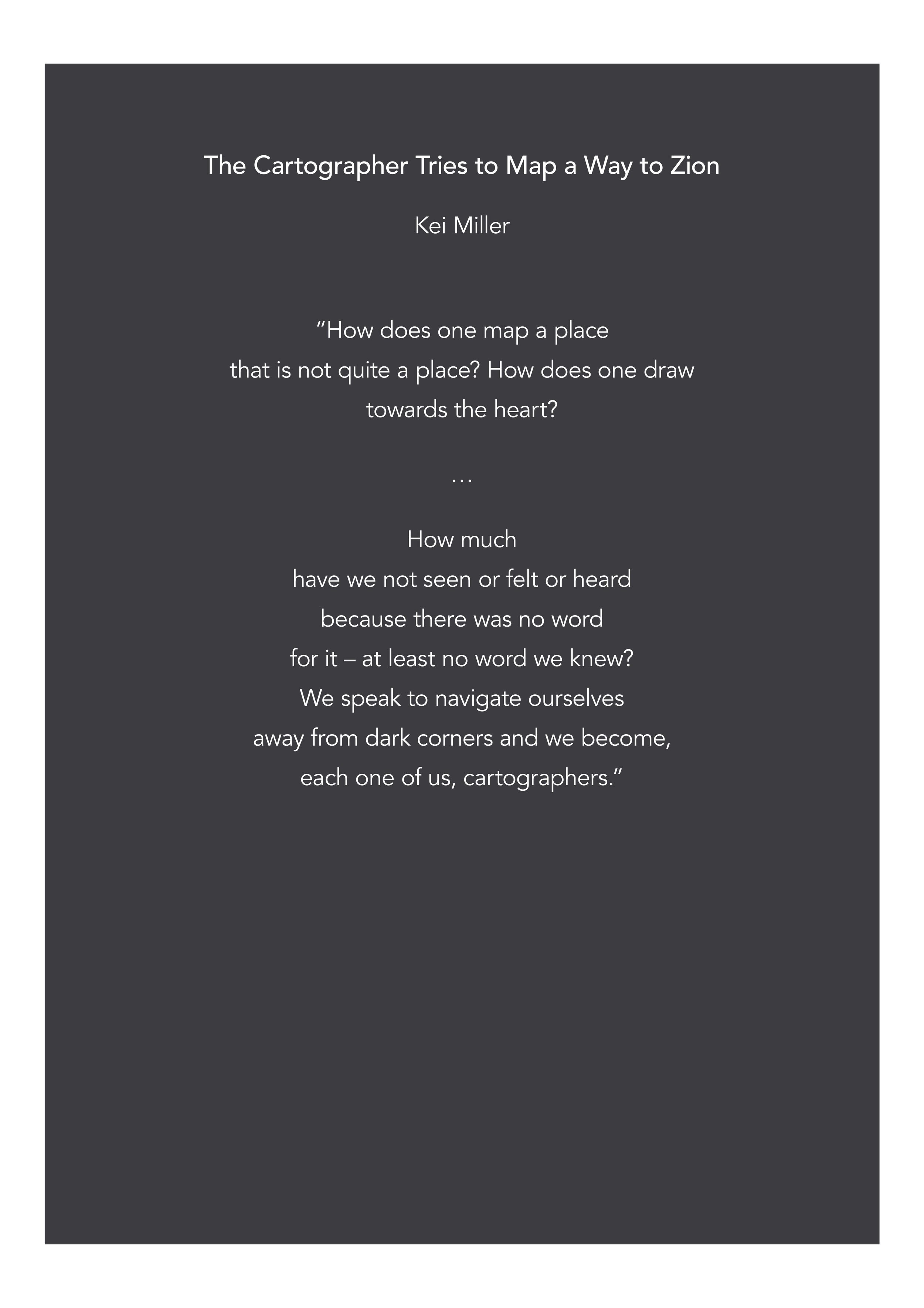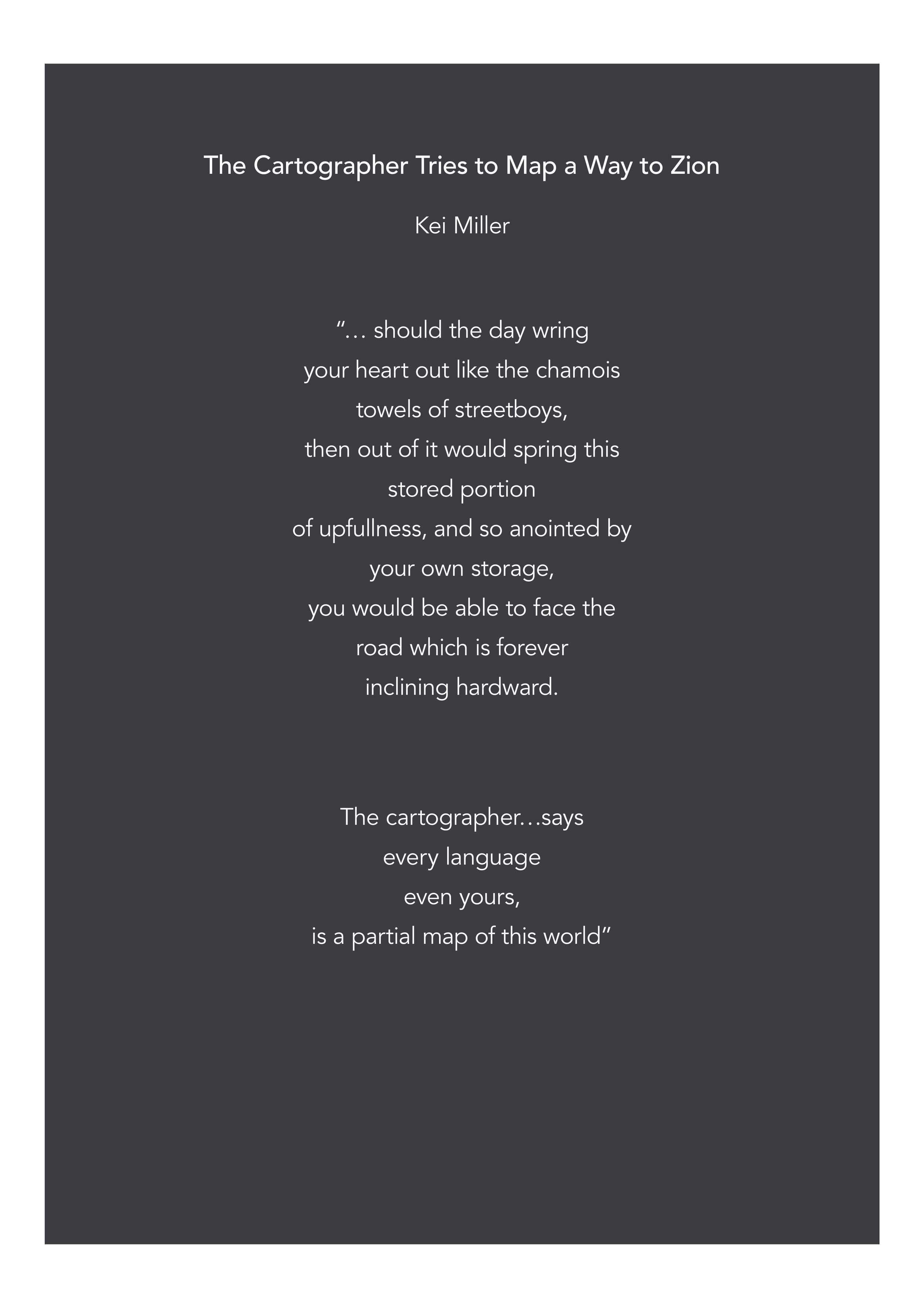Methodology
Participatory arts based research practice, power and activism
The creative activism project used an experimental participatory arts based approach to build the network. The methodology was inspired by the research practice of Boaventura de Sousa Santos and of J.K. Gibson-Graham who have undertaken studies that have questioned dominant paradigms – Western epistemologies and capitalism – and gone on to develop research and practice uncovering and proposing alternatives – Epistemologies of the South and community economies.
The exercises used borrow from artists practices, activist traditions and development techniques - many of the shorter exercises are found in the Beautiful Solutions Toolkit. However, rather than seeking consensus, the workshops were designed to intentionally disrupt the performative norms of participatory development workshops ; a mix of artists, activist and academics attended, specialisms and hierarchies were acknowledged, disagreement encouraged, disruption of time protocols ignored and relaxation possible. The intention was to create an atmosphere where people could relax, play and generate critical enquiry. The workshop was accompanied by a form of team ethnography as several of the participants visited arts and activist spaces, as well as key national sites and institutions together, such as the national museum, galleries, archives and memorials. The project designed an innovative funding grant for artists, providing a no strings attached grant to 4 of the artists that had attended the workshops to produce work inspired by the themes that had emerged and supported 2 artist residencies in York. These pieces were then used as film prompts, for further discussion with a broader group of artists, academics and activists in Uganda and Bangladesh, and generated further reflection and enquiry.
“Enlarge the field from which the unexpected can emerge”
A short film about the arts based methods used during the creative activism workshops, produced by Emilie Flower.
Our assumption was that Western epistemologies and dominant paradigms limit what the researcher, practitioner or activist finds important, or even what they are able to know and learn from their interactions with others. In the workshop, the researchers sought to use arts-based practices to disrupt dominant ways of knowing and performing “development,” encouraging participants to explore and articulate the different ways of knowing that they embody, have experienced, or could experience through engagement with the arts. The following papers describe some of the methods used in the workshops and reflections from the workshop participants and researchers.
Papers
Book Chapter by Emilie Flower and Ruth Kelly
“From art, literature, music and dance, I have learnt that there is a sensory experience of our lives that encompasses innumerable named and unnameable shapes, hues and textures that ‘objective knowledge’ has failed to capture. The language of these genres communicates how ordinary people laugh and weep, work, play, bless, love and curse, make a space to stand forth and walk, fall and die.”
Useful Creative Activism Resources
Film prompts
‘Should I stay or should I go,’
This film shows an edited collage of Helena Okiring’s improvised poem about diaspora and politics, composed and performed during the workshop in each of the different Ugandan languages that participants spoke, produced by Emilie Flower
Dr Susan Kiguli is one of Ugandas leading poets. Here she reads a poem she devised in response to the Creative Alternatives workshop to a group of academics, artists and academics at Makerere Art Gallery, Kampala, 2018.
Susan’s poem: Reaching within us to beyond us
Bangladesh Collaborative Scenario
A group theatrical scenario depicting a utopian future where human/ animal cyborgs are reborn as flowers, and nature overcomes the pressures of technological development.
Audio prompts
Research is a generative process, and the raw data can be hard to understand. The sound scapes are a projection of data that was generated by research at the centre. They take as their inspiration the replacement of the head with a lotus flower, a repeating motif in the Bangladeshi creative alternatives research workshop in Dhaka.
Much of the artwork in this exhibition is a response to this data – but what distinguishes it from the usual way that we encounter research is that it has been analysed and distilled by artists rather than social scientists, and presented through their lens.
The soundscapes are an opportunity to appreciate the raw noise of unprocessed data.
Poetry Prompts
Poetry evolved as a key prompt to invite a different way of reading, describing and communicating ideas and dreams from the past and for the future. Poems used with success in the project include the work of Kei Miller in ‘The Cartographer tries to Map His Way to Zion’, participating poet Susan Kiguli’s work and her use of William de Carlos William’s poem, ‘The Red Wheelbarrow’, and the poetry of Rabrindranath Tagore, in particular, ‘The Gardener’.

